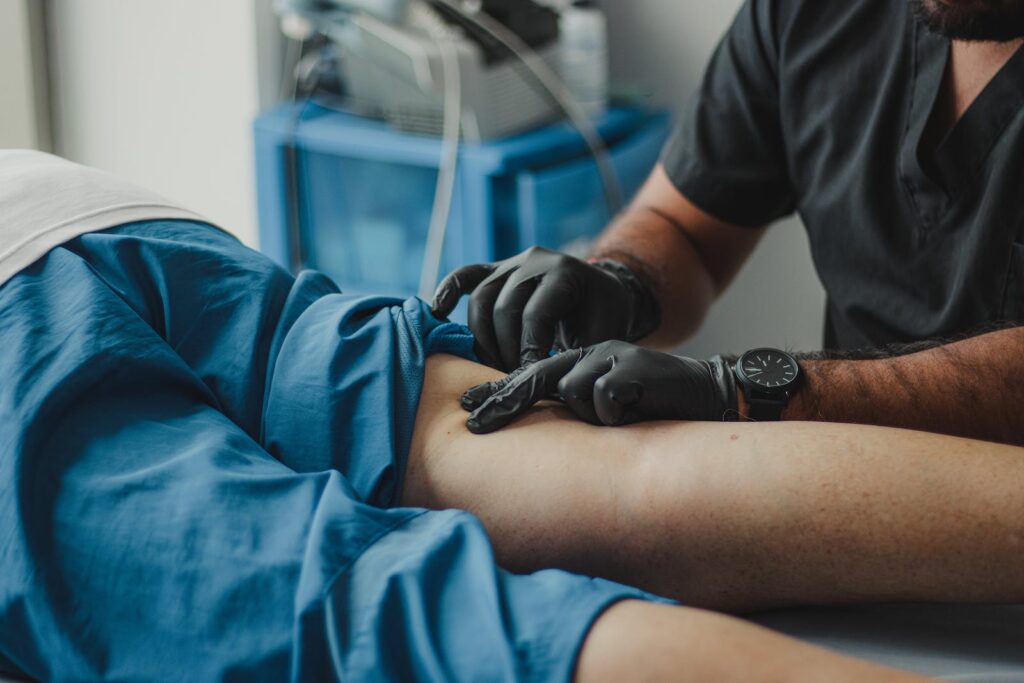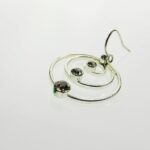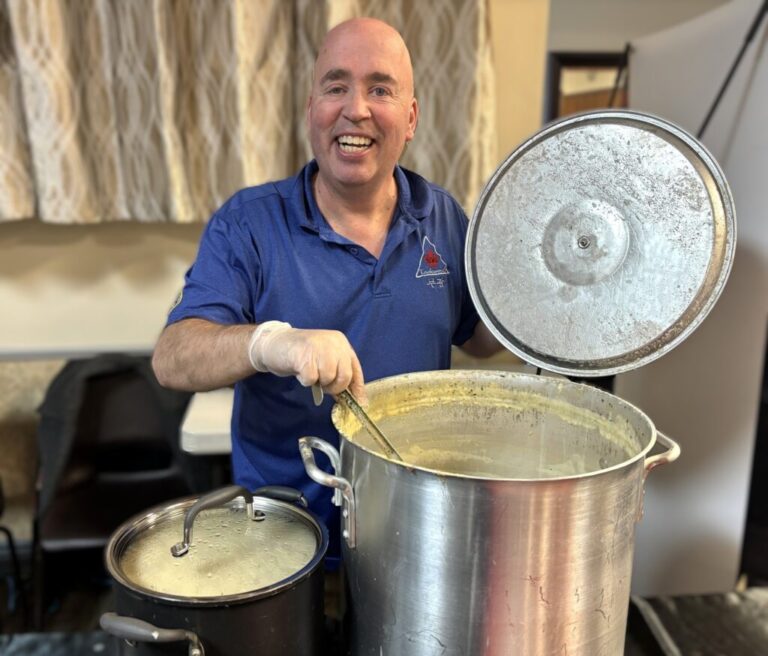
Knee replacement surgery is meant to help people with knee problems feel better and move easier. How well it works and how fast you get better depends on your work. This guide will discuss important things you can do to recover faster after knee replacement surgery.
Pre-Surgery Preparation
A. PreparationPreparation for knee replacement surgery begins well before the actual procedure. Thorough pre-surgery preparation preparation is essential for ensuring a smoother post-operative journey.
B. It’s really important that your healthcare team checks your health before surgery. They want to make sure you’re ready for it and to see if there might be any problems or things that could go wrong during the surgery.
C. Talking openly and honestly with your healthcare team is also important. Tell them about your past medical issues, allergies, and the medicines you’re using now. This helps them make a plan for you and ensure the surgery goes well and is safe.
D. Remember to get your mind and emotions ready too. Surgery can make you feel anxious, so it’s good to deal with those feelings before it happens. This can help you feel less stressed and stay positive.
Follow Medical Advice
A. After knee surgery, doing what your surgeon says is super important. They know what’s best to help you improve faster, so follow their instructions carefully.
B. Taking your medicines and managing pain is important after surgery. Your surgeon will give you medicines to help with pain, and you should take them the way they tell you. Don’t wait until you’re in a lot of pain before taking them.
C. Talk to your healthcare team immediately if you have any questions or if something doesn’t seem right. It’s important to communicate so they can help you with any problems.
Physical Therapy and Exercises
A. . Physical therapy plays a crucial role in restoring strength and movement after knee surgery, including private knee replacement surgery in Canada. Your physical therapist will give you exercises that are made just for you to help you get better.
B. It’s essential to understand the importance of consistency in performing these exercises. Regular physical therapy sessions and home exercises are crucial for achieving optimal results.
C. Your physical therapist might suggest lifting your leg, sliding your heel, moving your ankles, and tightening your thigh muscles. These exercises improve your blood flow, reduce swelling, strengthen your muscles, and help your knee bend and move better.
D. Doing the exercises is important, but do them as often and as long as your physical therapist tells you. Doing less or insufficient can slow your progress, so finding the right balance is important.
Nutrition and Hydration
A. Proper nutrition is essential for supporting the healing process post-surgery. A well-balanced diet provides the necessary nutrients for tissue repair, energy, and overall health.
B. Consider incorporating protein-rich foods like lean meats, fish, dairy products, and plant-based sources like beans and legumes. Protein is crucial for tissue healing and muscle recovery.
C. Fruits and vegetables have vitamins and things called antioxidants that are good for you. They help your body stay healthy and heal better.
D. Staying adequately hydrated is equally vital, as it helps flush toxins from the body and supports tissue regeneration.
Pain Management Strategies
A. Managing pain is important after surgery. Your surgeon will give you medicines to help with pain and make your recovery better.
B. In addition to medication-based pain relief, there are alternative strategies to manage pain effectively. Applying ice packs to the surgical site can help reduce swelling and numb the area.
C. Elevating your leg regularly also aids in reducing swelling. Placing pillows under your calf and ankle while resting can be beneficial.
D. Doing things like taking deep breaths or meditating can help with pain and make you less stressed while you recover.
Rest and Sleep
A. Adequate rest and quality sleep are essential for your body to heal and recover effectively. Sleep allows your body to repair tissues, regenerate cells, and recharge energy levels.
B. Consider creating a comfortable sleeping environment to ensure a restful night’s sleep. Use supportive pillows to elevate your leg slightly, reducing swelling and discomfort. Maintaining a consistent sleep schedule also promotes better sleep quality.
Assistive Devices and Home Modifications
A. During the initial stages of recovery, assistive devices such as crutches, walkers, or canes may be necessary to support mobility. Follow your healthcare team’s recommendations regarding their usage.
B. Home modifications can significantly enhance safety and accessibility during your recovery period. Evaluate your home for potential hazards, such as loose rugs or obstacles, and make necessary adjustments.
C. Putting handrails in hallways or by the stairs can help you stay steady. And using a special chair in the shower or a higher toilet seat can make using the bathroom easier.
Monitoring Progress
A. Keeping track of your recovery progress is essential for motivation and insight into your healing journey. Consider maintaining a recovery journal or utilizing mobile apps to track daily progress.
B. Monitoring your range of motion, pain levels, and daily activities can help you and your healthcare team assess the effectiveness of your rehabilitation program.
Potential Complications and When to Seek Help
A. Be aware of common post-surgery complications, including infection, blood clots, or joint stiffness. Understanding these risks allows you to take preventive measures.
B. You should know what problems to look out for and when to call your doctor or surgeon if something needs to be fixed. If you catch problems early, they can be fixed faster.
Emotional Well-being
A. Acknowledge that knee replacement surgery can be emotionally challenging. Feelings of frustration, anxiety, or depression are not uncommon during the recovery process.
B. To support your emotional well-being, consider practicing stress-reduction techniques such as deep breathing exercises, meditation, or mindfulness. These strategies can help you manage pre-surgery anxiety and cope with emotional challenges.
Conclusion
You are recovering after knee surgery, which takes time and effort. If you use the tips in this guide, you can play a big part in getting better. Keep in touch with your healthcare team and stay committed. With hard work, you can recover faster and have a better life.













